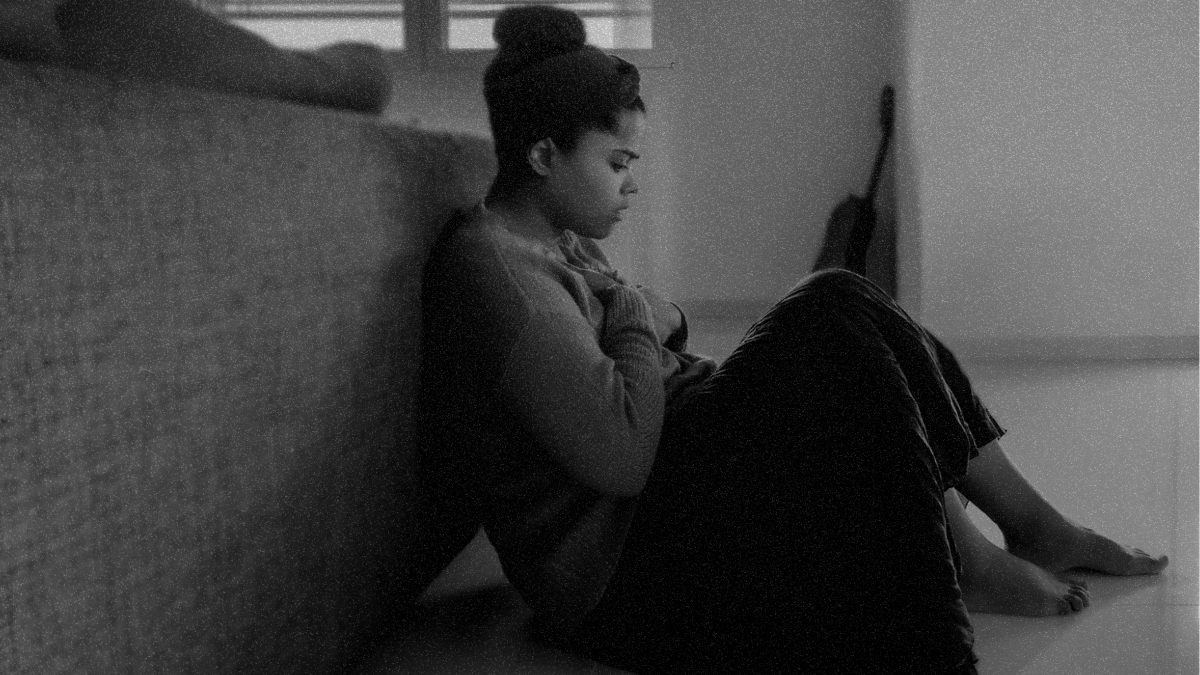Source: Editorial Board
Here in North Carolina Black women are three times as likely to die from pregnancy-related complications than white women.
What a powerful statistic.
Over the past few months, Black women in Mecklenburg and New Hanover counties are creating spaces for Black women to share their pregnancy stories and to brainstorm lasting solutions to shift this statistic.
In Mecklenburg County, Kara Kimble and Karen Darlington Phelps are doing what they can to prevent more Black women from dying from pregnancy-related complications.
In 2013, Kimble started Mine-R-T Doula Company. She told the Charlotte Observer in a recent interview, “I was already kind of doing the work of a doula. I decided to kind of pursue that direction because that’s where my heart was leading me.” Kimble’s Charlotte-based company provides information, support, and guidance to pregnant individuals and their partners.
From her work in and around Mecklenburg, Kimble has noticed that the experiences and stories of the women of color she has helped are quite similar to each other and are similar to her own. These women have told her that they have been ignored, had their questions go unanswered, and had information dumbed down, or withheld, regardless of their educational background and ability to understand.
This is why Kimble advocates for doulas. A doulas is a birthing professional and advocate for expecting parents who can explain options for care and provide support.
Phelps, who is a Black Charlotte-based attorney, shared with the Charlotte Observer that the health inequities and jaw-dropping statistics surrounding Black women were frightening to her. “I was embarking on [the] journey [of childbirth] – and didn’t want to die in the process. I sought alternative methods.” Those alternative methods included her using a midwife at a birthing center with practitioners who looked like her, and a doula as an advocate during her labor.
Phelps’ pregnancy journey also inspired her to get more involved. Right now, she serves as a board member with Queen City Cocoa B.E.A.N.S. and Harmony Nutrition & Lactation LLC. Both nonprofits assist and support families of color in nutrition education and lactation consulting.
Let’s travel out east.
In New Hanover County, assistant county manager Tufanna Bradley, and health and human services equity coordinator Fawn Rhodes, are working together to raise awareness on Black maternal health in the county.
These two Black women are in the process of creating a maternal health conversation in New Hanover that will allow women to share their stories. It is their hope that this conversation will help bridge the gap between doctor and patient.
Also, Bradley and Rhodes are working on developing a health equity council that will specifically focus on Black maternal health and address the community’s health needs.
If you want to be a part of the conversation, reach out to Tufanna Bradley at tbradley@nhcgov.com or (910) 798-7174.
–
Representation matters when it comes to Black maternal health in North Carolina.
Representation is equally important when it comes to our elected officials.
In order to shift the statistics of Black women dying at a higher rate due to pregnancy complications, we have to shift the conversation. Why isn’t this a bigger issue in North Carolina? Why is it more important that abortions are deemed illegal after 12 weeks rather than ensuring that no woman (regardless of race) dies because she is pregnant?
2024 is right around the corner. It’s time to elect people who have our best interest in mind, and will do what they can to prevent meaningless deaths due to pregnancy.





